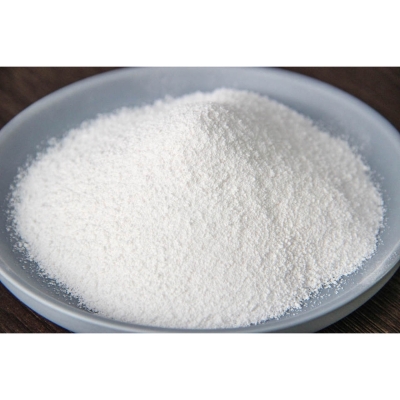-
Categories
-
Pharmaceutical Intermediates
-
Active Pharmaceutical Ingredients
-
Food Additives
- Industrial Coatings
- Agrochemicals
- Dyes and Pigments
- Surfactant
- Flavors and Fragrances
- Chemical Reagents
- Catalyst and Auxiliary
- Natural Products
- Inorganic Chemistry
-
Organic Chemistry
-
Biochemical Engineering
- Analytical Chemistry
-
Cosmetic Ingredient
- Water Treatment Chemical
-
Pharmaceutical Intermediates
Promotion
ECHEMI Mall
Wholesale
Weekly Price
Exhibition
News
-
Trade Service
Biocom reports: Recombinase Polymerase Amplification ( RPA ) is known as a nucleic acid detection technology that can replace PCR (developed by the British company TwistDx Inc )
In a series of articles published this year, RPA technology is widely used in the detection of common pathogenic bacteria such as Mycobacterium tuberculosis, drug-resistant bacteria MRSA , and Salmonella
Application of RPA in the field of clinical diagnosis
Clostridium difficile ( C.
It is estimated that about one-third of the world’s people are latent with tuberculosis ( TB ) pathogens, most of which are dormant in the lungs
The abuse of antibiotics has led to an increase in drug-resistant bacteria, which has now become a global public health problem
A study in " Microchimica Acta " in February this year demonstrated an RPA chip that can simultaneously amplify and detect three pathogens , including Neisseria gonorrhoeae , Salmonella enterica and MRSA
Application of RPA in the field of food safety
The Shiga toxin-producing Escherichia coli STEC is the most serious food-borne pathogen in the world
Salmonella is a major food-borne pathogen
PCR-ELISA is already a mature technology with a wide range of uses
Biological Communication Editor: Ye Yu







